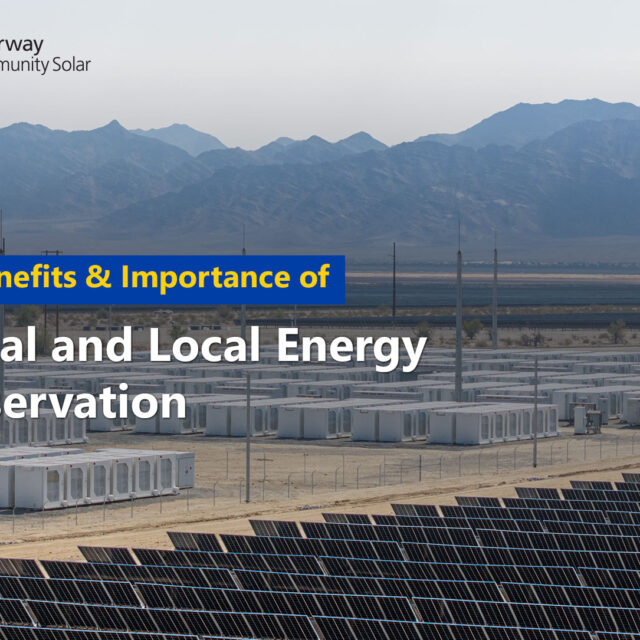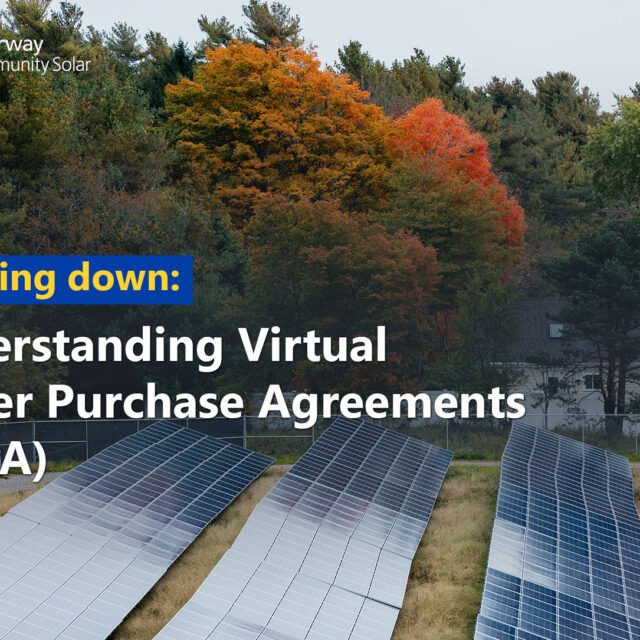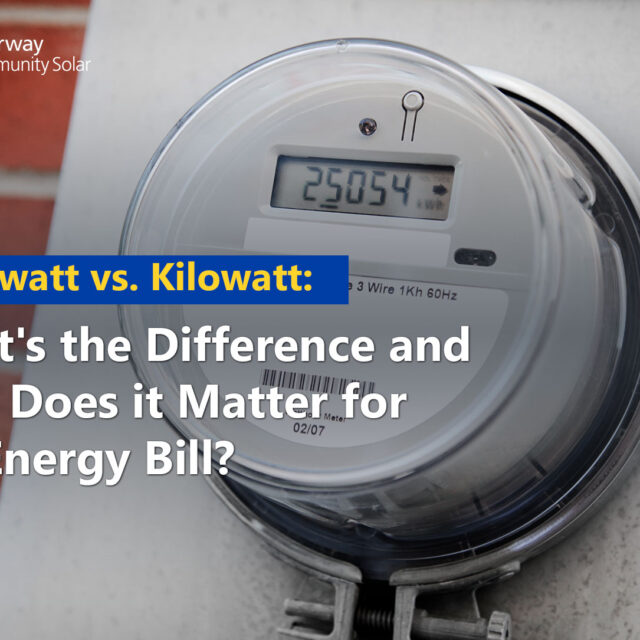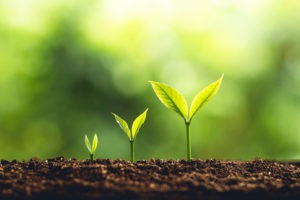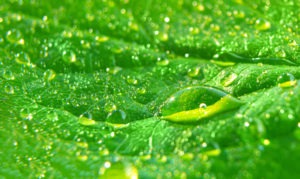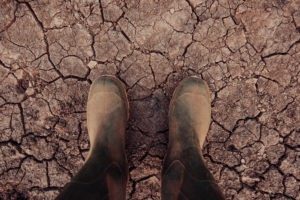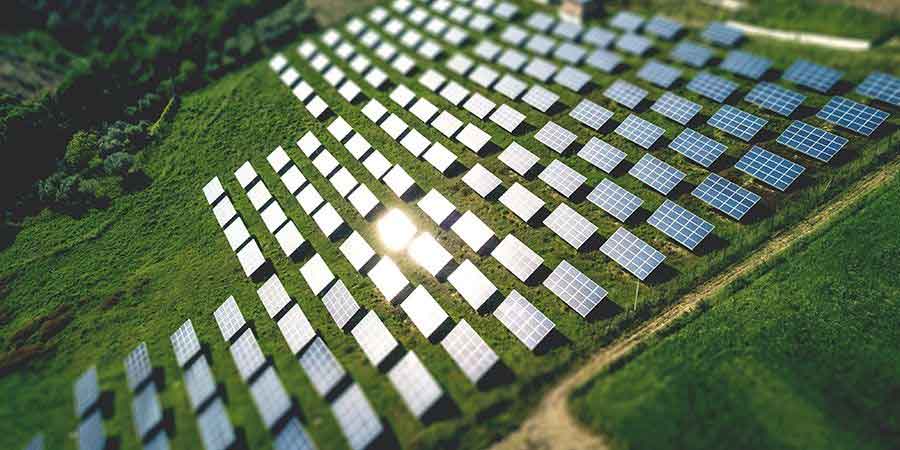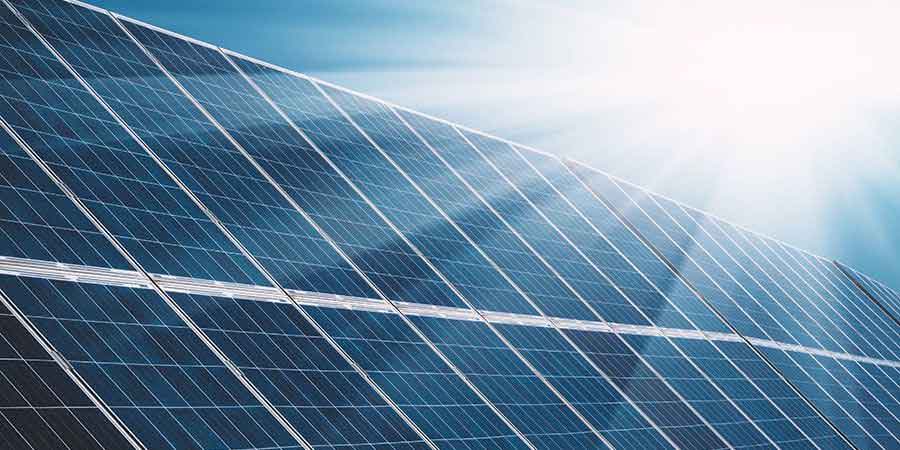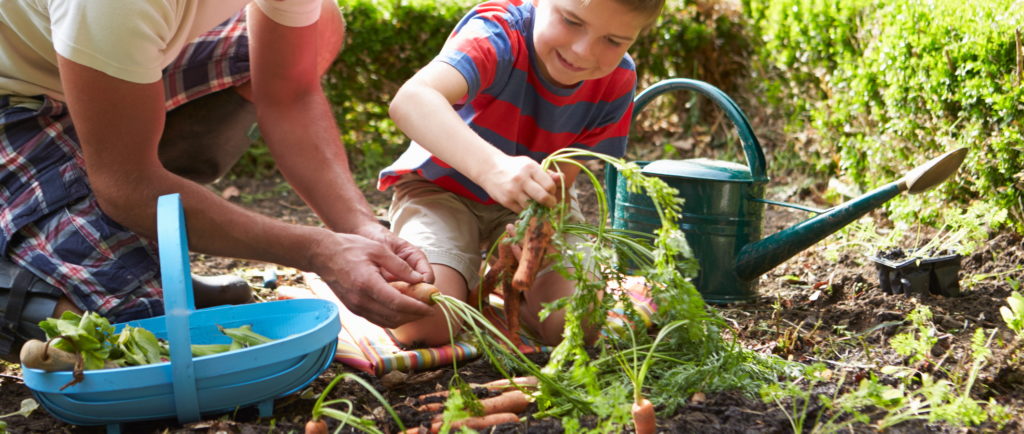
There is something extremely satisfying about growing your own food. Knowing that you planted a tiny seed and with the help of the sun’s energy, you nurtured it into something that can feed your family, can be very rewarding. Consuming fresh fruits and vegetables from your garden is not only good for you, it does a world of good for the planet and saves you money. With the increasing shift toward sustainable living, there has never been a better time to try your hand at starting a home garden.
Health Benefits of a Garden
Growing your own food is a healthy outdoor activity to enjoy by yourself or with your family. Starting a garden can benefit your health in many ways:
- A vegetable garden is a great reason for adults and kids to get outside, take in the fresh air and sunshine, and get some exercise.
- Growing fruits and vegetable plants makes you more aware of what you are eating and where it came from.
- Growing your own food is an opportunity to eat healthy, fresh foods instead of processed, packaged ones.
- In your own garden, you can avoid exposure to harmful chemicals and pesticides that are used on most commercially grown produce.
Vegetable Gardens Help the Environment
We all want to do our part to live a sustainable lifestyle and help the environment. Backyard fruit trees and vegetable gardens benefit the planet in many ways:
- Gardens help fight global warming. Global warming has increased significantly due to the greater presence of greenhouse gases produced by burning fossil fuels. In fact, according to climate.gov, “by the end of 2019, the warming influence of human-produced greenhouse gases had risen 45 percent (since 1990).” When you get your produce from your own backyard, it doesn’t have to be processed, packaged, and shipped by a fossil fuel-burning train or truck. Gardening, as well as investing in clean, renewable energy, are just a couple of ways we can do our part to decrease our dependence on fossil fuels and slow global warming.
- Backyard gardens use fewer or no pesticides, which can contaminate groundwater, affecting our drinking water, as well as fish, insects, and other animals.
- When gardeners use kitchen waste and organic matter as compost, this keeps that waste out of landfills and helps to produce healthier soil and more abundant crops.
How To Start A Vegetable Garden
If you are new to gardening, don’t be intimidated. The best way to learn is by doing! Follow these gardening tips to be on your way to having a healthy, productive garden:
- Start small and grow only foods that you know you and your family will eat. As a beginner, you don’t want to be overwhelmed by too much garden.
- Plan how your garden will be laid out before planting. Consider how much sun your garden will get when choosing a sunny spot.
- Talk to other gardeners in your area to find out what grows well, and be sure to plant each of your fruits or vegetables at the right time of year for that crop.
- If you are short on space, consider a container garden, a windowsill, or even a trellis. Herbs, tomato plants, lettuce, and peppers, as well as many other vegetables, do great in containers and small spaces, and they can sit right on your balcony or front step. Another option if you have a small garden is to find a veggie plot in a community garden. Community gardens are a great way for the people in an area to come together to make life better for everyone.
Ready to Start Your Garden?
Don’t wait any longer to enjoy the health benefits, environmental advantages, and the pure joy of cultivating your own fruits and vegetables. Get your hands dirty and watch your garden flourish. If you have any questions or need more guidance, check out our website or our FAQ section below.
Frequently Asked Questions
How much time does it take to maintain a vegetable garden?
Maintaining a vegetable garden can vary in time commitment depending on its size and complexity. Generally, you’ll need to invest a few hours each week for planting, watering, weeding, and harvesting. However, the time spent can be quite enjoyable and therapeutic.
What are some common pests and diseases that can affect a vegetable garden, and how can I deal with them naturally?
Common garden pests include aphids, slugs, and caterpillars, while diseases like powdery mildew can also be an issue. Consider using natural remedies like neem oil, companion planting, and maintaining good garden hygiene to deter pests and prevent diseases without resorting to chemicals.
Can I grow vegetables in pots or containers if I have limited outdoor space?
Yes, you can! Many vegetables, herbs, and even dwarf fruit trees thrive in containers. Just make sure your pots have proper drainage, use quality potting soil, and place them in a sunny location. Watering and fertilizing will be key to success in container gardening.
How do I start composting in my garden, and why is it beneficial?
Composting is a great way to recycle kitchen scraps and organic matter. To start, collect items like fruit and vegetable scraps, coffee grounds, and yard waste. Layer them in a compost bin or pile, turning occasionally. Compost enriches your soil, reduces waste, and helps your plants grow healthier.
